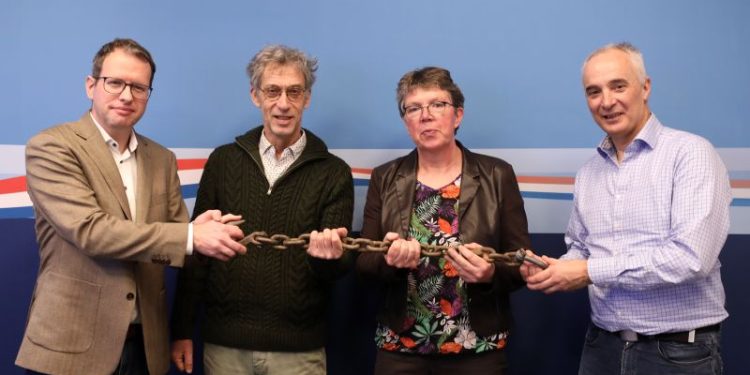In 2023, Phytophthora infestans caused significant havoc in potato cultivation, prompting a call for unified action to successfully manage the notorious ‘potato disease’ this year. This call was shared this afternoon at the Nieuwspoort press center.
Phytophthora mercilessly struck during the last growing season. Due to the high infection pressure, even potato varieties with improved resistance to the disease succumbed. The result is a substantial loss of yield and quality. “For all parties involved in the breeding, farming, trade, and processing chain, the urgency is high to achieve sustainable control of Phytophthora,” explained André Hoogendijk, Director of BO Akkerbouw.
The disease has been a significant plague in potato cultivation for centuries. WUR researcher Geert Kessel explained how the oomycete continuously adapts and evolves into new and increasingly virulent and harmful variants. Due to these adapted variants, (groups of) chemical crop protection agents lose their effectiveness against the disease, and varieties with improved resistance to Phytophthora collapse. “Those varieties are not immune, so they must also be protected,” warned Kessel, noting that 2023 saw the most severe Phytophthora infestation in 30 years.
For the vast majority of arable farmers, potatoes are a crucial crop in their rotation. They have a vested interest in maintaining potato cultivation for the Netherlands, as highlighted by arable farmers from LTO Nederland and Bionext | Chain organization at the press conference. They urged colleagues, breeders, processors, and buyers of their potatoes to make every effort to achieve sustainable control of Phytophthora, including strictly adhering to mandatory cultivation measures.
To timely develop a broadly supported and effective approach for 2024, a Phytophthora Task Force was established at the end of last year. With this initiative, we hope to successfully manage Phytophthora in the coming year! 💪







